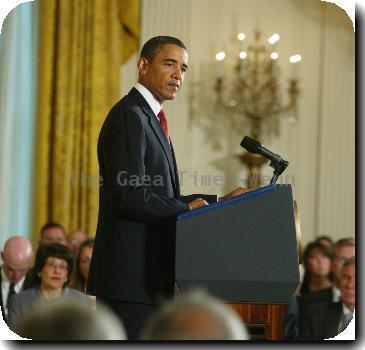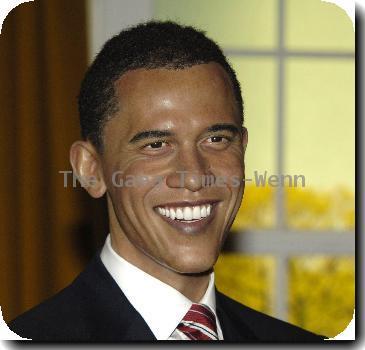Squabbling marks first day of new UN climate talks in Germany
By Verena Schmitt-roschmann, APMonday, May 31, 2010
Climate talks kick off with squabbling in Germany
BONN, Germany — A new round of climate negotiations kicked off in Germany on Monday with squabbling over money and procedural questions that could threaten progress at the two-week U.N. conference.
U.N. climate chief Yvo de Boer and activists from groups including Oxfam, Greenpeace, and WWF pressured industrial nations to live up to their promises of financial aid to poor countries as about 4,500 participants from 182 countries gathered in Bonn.
Concrete financial contributions must “show that developed countries are ready to deliver what they promised five months ago in Copenhagen,” de Boer told reporters, referring to the disappointing climate summit in the Danish capital in December.
Industrial nations at Copenhagen pledged $30 billion in aid in 2010-2012 to help poorer nations start environment friendly development programs and adapt to the worst consequences of climate change.
However, de Boer and non-governmental organizations say developing nations remain skeptical if the money will come through and if it is additional or simply relabeled funds already pledged for other purposes.
“The finance part has not been solved,” Greenpeace expert Wendel Trio told The Associated Press.
Oxfam said it is becoming clear that rich nations want to hand out much of the money as loans instead of grants, thereby saddling developing nations with new debts for a problem largely caused by industrial countries.
“It’s like crashing your neighbor’s car and then offering a loan to cover the damages,” Oxfam’s Antonio Hill said in a statement.
The European Union tried to dispel such doubts stressing that the €2.4 billion ($3 billion) a year it promised in Copenhagen have been confirmed by finance ministers, and about 70 percent will be handed out as grants.
“This is fresh money in any case — we are not recycling money,” Spanish climate change official Alicia Montalvo said on behalf of the EU presidency.
But distrust prevails on other issues as well.
The Bonn talks center on a new, rather sketchy text proposal for a global climate deal expected to be finalized in 2011. Because it includes elements of the so-called Copenhagen Accord — a political declaration brokered by U.S. president Barack Obama — some countries have voiced suspicion.
“Proposals by many governments have been completely marginalized in the preparations for Bonn negotiations,” said Elyzabeth Peredo of the Bolivian Solon Foundation.
De Boer said for now the new text is widely considered a “basis for negotiations,” but not a “negotiating text.” He said he hopes some of the sticking points to be cleared by next week so that substantive negotiations can begin.
The envisioned treaty’s main purpose is to drastically reduce the emissions of heat-capturing gases over the next decades. At the same time it is meant to set up a framework on how rich nations help poor countries deal with climate change, how technology is transferred, and how Earth’s forests can be saved, among other things — making it an extremely complex document.
The most important point of contention still is how much industrialized nations and large emerging powers like China, India, or Brazil contribute to reducing emissions worldwide.
Nations in Copenhagen agreed that global temperatures must not rise by more than 2 degrees Celsius (3.6 degrees Fahrenheit) as compared to preindustrial levels.
Scientists say that means global emissions must at least be halved by 2050.
However, individual pledges from countries so far fall far short of reaching that goal.
Tags: Barack Obama, Bonn, Climate, Copenhagen, Denmark, Environmental Concerns, Environmental Policy, Europe, Foreign Aid, Germany, Western Europe

